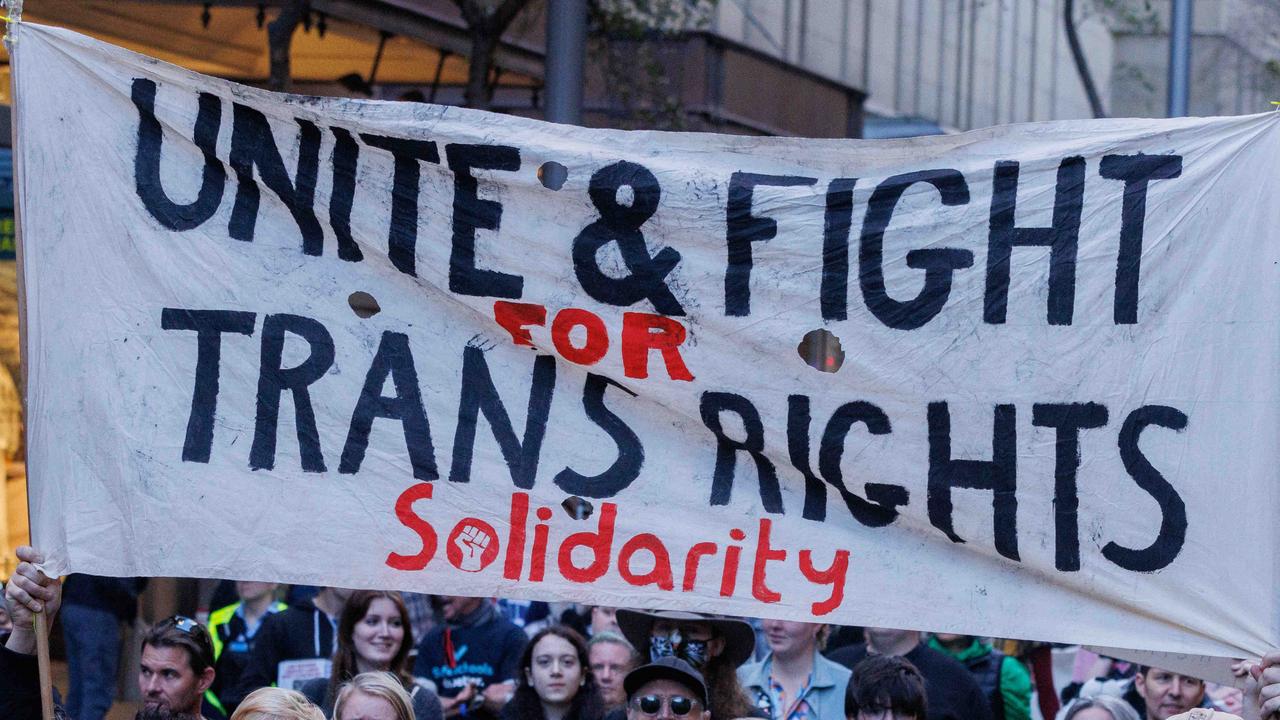How to avoid the fees that eat into your budget and wealth
Fees are frustrating, and a fresh wave of costly charges is fuelling consumer fury. Here’s where to find them and how to fight them.

National
Don't miss out on the headlines from National. Followed categories will be added to My News.
Bank fees were once the biggest bugbear of Aussie consumers, before regulator crackdowns and a royal commission gave them a good whack, and now a new wave of modern fees and charges is hitting households.
As the surging cost of living impacts all corners of people’s financial lives, Australians are being urged to spend an hour or two closely checking their bank statements and other bills for sneaky fees that are easy to miss and can rapidly multiply.
Finder.com.au spokeswoman Sarah Megginson said banks today are “way more accountable now than they used to be”.
“Banks used to be on their own as the bad guys for fees, but now surcharges are everywhere,” she said.
“The banks have a little more competition for our anger. They’re not alone anymore.”
Here are five areas where it’s wise to check for fees and change your payment strategies if necessary.
1. ANYTHING THAT’S AUTOMATIC
Recurring payments may be small individually but can add up over time. Think health and fitness memberships and subscription fees, cloud storage costs or other technology services, video streaming and music platforms.
“We spend way more than we need to,” Ms Megginson said.
But don’t cut out stuff that you enjoy, she said.
“What is the point of life if you are not spending money on things you love?’

Ms Megginson suggested doing an audit of your banking statements to ensure you knew all recurring charges and their costs. She did this herself and found $186 each month being spent: “I would have sworn it was $50 a month”.
“It’s not about cutting out the joy in life, but cancel the ones that no longer work for you.”
2. CREDIT CARD CHARGES
Ms Megginson said credit card surcharges had become normal, from coffees to massages to medical appointments.
She said major supermarkets Coles and Woolworths were among the few businesses that did not charge more for using credit cards. “Aldi has a credit card fee.”
Many businesses were adding surcharges for EFTPOS too, Ms Megginson said.
“Pretty much cash is your only defence. I have a friend so sick of surcharges that he now carries cash as coffee money.
“It’s about being aware … otherwise it can add up to hundreds of dollars a year on fees.”
3. DOUBLE DEBITS
Sort My Money founder David Rankin said multiple direct debits were “a scourge of modern life”.
He said some partners both paid subscriptions for similar or identical services. His family had been caught out by two Amazon Prime subscriptions for a period of time “and they refused to refund it”.
Mr Rankin said direct debit confusion could surround data storage services: “I’m thinking Apple iCloud”.
“Some of these costs are fairly low and they might go below the radar – it may be $1.49 a month but you may have been paying it for years,” he said.
“I think a lot of people are overpaying because individuals will subscribe to a service when they can actually use the family package. There are three different levels of Netflix subscription.”
4. ATM ANGST
Mr Rankin said most banks were “quite ethical now” but a few were frustrating on fees, and a broader banking issue was around ATM charges.
“They used to be $2 but they seem to be going up – a lot of people overlook those fees,” he said.

“And some banks charge $395 for a mortgage package fee. It’s worth checking whether you really need that.”
Also check your buy now, pay later scheme fees, Mr Rankin said. “As a proportion of your monthly payment, that fee can be quite high.”
5. EATING OUT
A fresh fee trap was starting to appear in restaurants, Finder’s Ms Megginson said.
What started as Sunday or weekend fees had now expanded to other days, angering customers, she said.
“It’s not like America where it’s a service fee that is a tip – it’s a way to charge more money.”
Paying bills monthly – rather than annually – could attract unnecessary fees,” Ms Megginson said.
“Sometimes by paying more regularly you will pay more for the product or service. The devil is in the detail.”
More Coverage
Originally published as How to avoid the fees that eat into your budget and wealth





